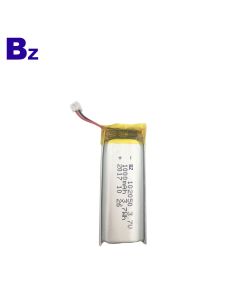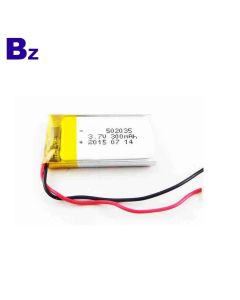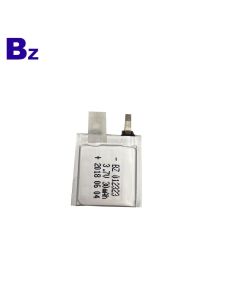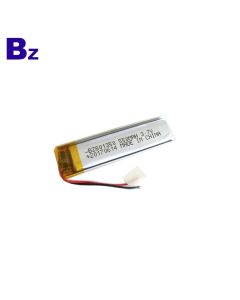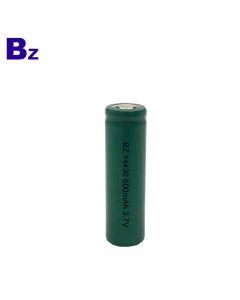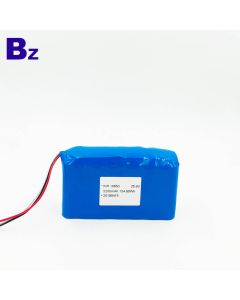About Benzo
Best Selling Batteries
Benzo Battery News
How to maintain lithium batteries in medical devices (such as pacemakers)?
Lithium batteries in medical devices are the "invisible guardians" that maintain life - pacemakers rely on them to keep beating, portable ventilators rely on them to maintain oxygen supply, and insulin pumps use them to accurately control the amount of medicine. However, the maintenance of these batteries is far more complicated than that of mobile phones or laptops, and the slightest carelessness may endanger the patient's life. This article will deeply analyze the particularity of lithium batteries in medical devices and provide scientific maintenance methods to help patients and medical staff extend the life of the equipment and ensure safety.
How to check battery health?
Battery health is a key indicator of battery performance, which directly affects the battery life and service life of the device. Whether it is a mobile phone, laptop or electric car, learning to check the battery health can help you find problems in time and avoid the embarrassment of sudden power outages. This article will introduce the battery health detection methods of different devices in detail and provide tips to extend battery life.
How to store batteries that are not used for a long time?
Whether it is a spare battery for a mobile phone, an idle battery for an electric car in winter, or a dry battery stored at home, improper long-term storage will cause the battery performance to deteriorate or even become scrapped. According to statistics, about 30% of battery damage is caused by incorrect storage methods (data source: Battery University). This article will provide scientific storage methods based on the different characteristics of lithium batteries, nickel-metal hydride batteries, and dry batteries to help you keep your batteries healthy to the maximum extent.
Will lithium batteries work in the polar regions (-40°C) or in the desert (50°C)?
From equipment at Antarctic research stations to solar energy storage systems in the Sahara Desert, the stability of lithium batteries is directly related to the success or failure of missions in extreme environments. But can lithium batteries work properly in extremely cold -40°C or extremely hot 50°C? How will their performance change? Is there a risk of explosion? Based on battery chemistry principles and cutting-edge technology cases, this article will analyze the true performance of lithium batteries at extreme temperatures and explore how to break through the constraints of natural laws.
How to deal with lithium batteries after being soaked in seawater?
It is not uncommon for lithium batteries (such as mobile phones, cameras, and drone batteries) to be accidentally soaked in seawater during outdoor activities, seaside trips, or emergencies. The high salinity and conductivity of seawater may cause serious damage to the battery and even cause safety hazards. This article will provide you with a detailed analysis of the correct handling process and scientific principles of lithium batteries soaked in seawater to help you avoid risks and reduce losses.
Our Lithium Battery Certification









